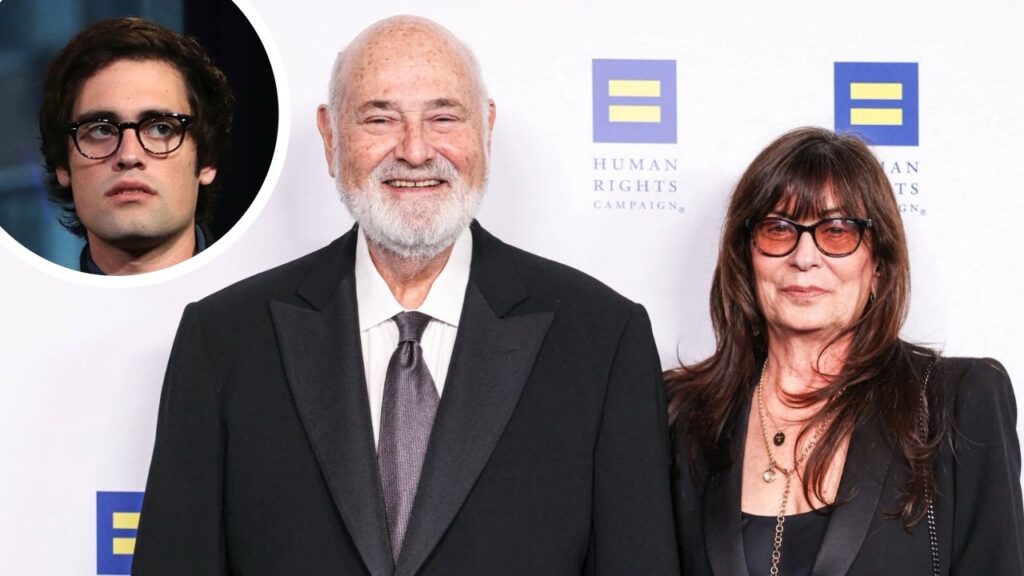To her, it was a desperate move by a desperate person. But to her estranged husband, it was a wake-up call to just how far things had spiraled out of control. Decades later, those moments and the others that went on to define the pop star and her very public unraveling are back in the limelight - but what exactly happened and why depends on who is doing the retelling.
After Spears shared her outlook in her 2023 memoir, The Woman In Me, Federline is now speaking out in his book, You Thought You Knew. Like Spears, Federline's book details their intimate and chaotic relationship, the mental anguish they both suffered, and provides an inside glimpse at the conservatorship battle that dictated much of Spears' life and career. This side-by-side look tells a he-said, she-said story of their lives.
Spears has denounced her ex's memoir, claiming his revelations have been extremely hurtful and exhausting. Conversely, Federline states he released You Thought You Knew after years of hesitation to ensure his children don't grow up feeling they need to explain who their father is. He responds to stories in Spears’ narrative, contradicting her account while also introducing fresh accusations.
Despite both memoirs offering vastly different accounts, they similarly aim to reframing the public narrative thrust upon them. Both highlight episodes that led to Spears' conservatorship battle and the nationwide movement that eventually freed her in 2021. In her book, Spears condemns the court-ordered conservatorship, which she was under from 2008-2021, claiming it made her feel like a shadow of herself.
Federline, on the other hand, supported the arrangement, suggesting it provided some semblance of normalcy for their sons amid chaos. He claims she needed help during their marriage, indicating he felt overwhelmed watching her spiraling. The diverging perspectives in these memoirs highlight the confusion, heartache, and complexities of their shared history and broader societal influences.
As both continue to navigate their complicated past publicly, opinions remain divided amongst fans and observers about the implications of their narratives and how the Free Britney movement has reframed discussions surrounding mental health and celebrity culture.



















